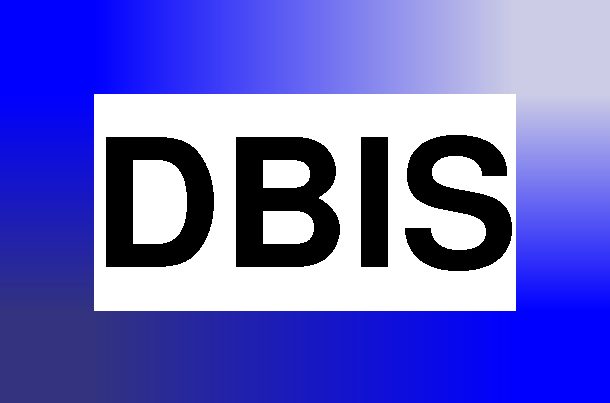Deductive object-oriented frameworks integrate logic rules and
inheritance. There, specific problems arise: Due to the combination
of deduction and inheritance, (a) deduction can take place depending
on inherited facts, thus raising indirect conflicts, and (b) also
the class hierarchy and -membership is subject to deduction.
From this point of view, we investigate the application of the
extension semantics of Default Logic to deductive object-oriented
database languages.
By restricting the problem to Horn programs and a special type of
defaults tailored to the semantics of inheritance, a
forward-chaining construction of a Herbrand-style representation of
extensions is possible.
This construction is compared with a solution as implemented in the
F-Logic system FLORID which is based on a combination of classical
deductive fixpoints and an inheritance-trigger mechanism.
From the F-Logic point of view, the main contribution of the report
is to investigate the relationship between
inheritance-canonic models as defined in
[Kifer-Lausen-Wu-JACM-95] and classical AI frameworks: we show
that the semantics which is defined and implemented for F-Logic
coincides with the standard semantics of Default Logic and
Inheritance Networks. In this report, we restrict ourselves to
scalar methods.


